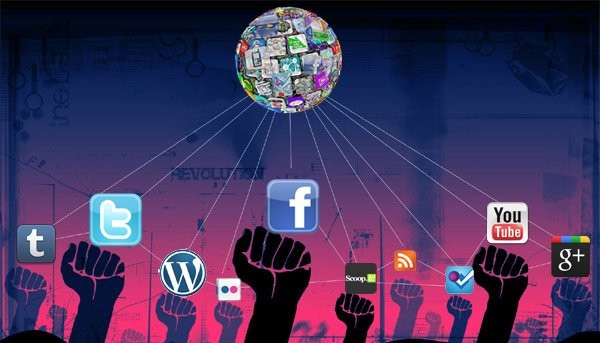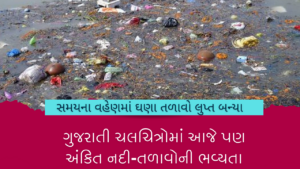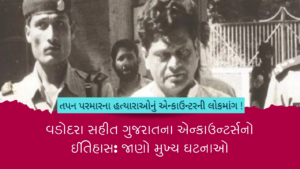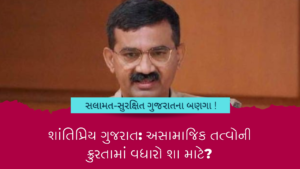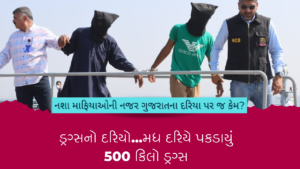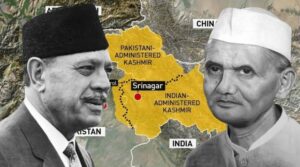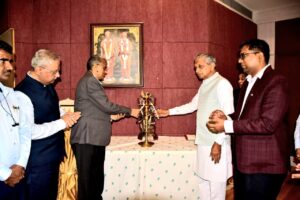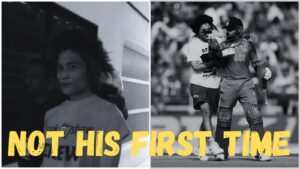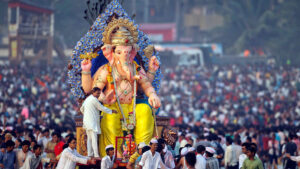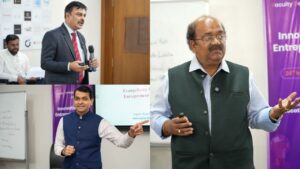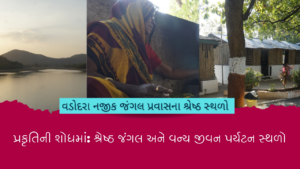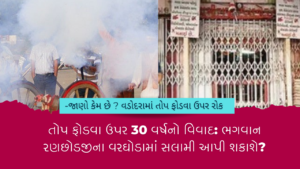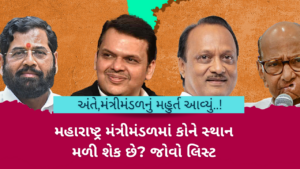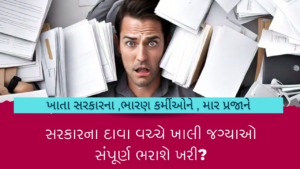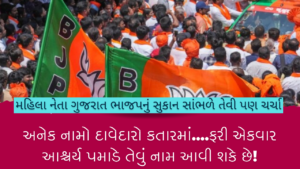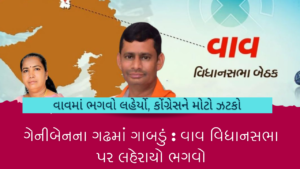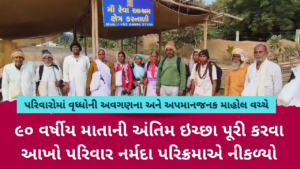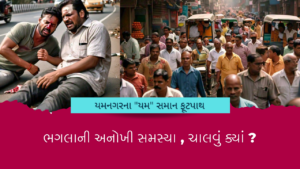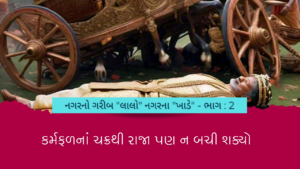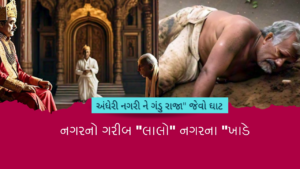Rewind: Imagine you are waking up to a peaceful morning on June 30, 1991. If you are someone who is an ardent follower of the happenings of the society, you would definitely grab a newspaper along with your morning cup of chai.
Forward and Pause: Now, land back to the dawn of June 30, 2023. What is the first thing that you would do if you are a news freak? You had slept with the ‘#’ in your mind and would now seek for an update of that ‘#’.
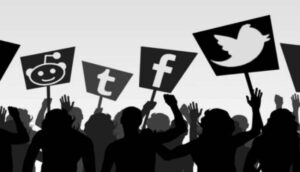 The Internet and social media are in their prime in the 21st century. Traditional media outlets including newspapers, magazines, and television are in danger of becoming archaic. Social media platforms like Facebook, Twitter, Instagram and YouTube currently dominate public discourse. They display the newest styles and trends in our area. It might be anything from protests to fashion.
The Internet and social media are in their prime in the 21st century. Traditional media outlets including newspapers, magazines, and television are in danger of becoming archaic. Social media platforms like Facebook, Twitter, Instagram and YouTube currently dominate public discourse. They display the newest styles and trends in our area. It might be anything from protests to fashion.
For the current generation, social media has emerged as the most significant and powerful source of news and information. The Me Too Movement, Pink Chaddi Campaign, Farmers Protest, He for She Movement, Rice Bucket Challenge, Anti- CAA- NRC rallies in India are few examples of how social media has an impact on and influences socio- political narratives around the world. Social media activism or the hashtag activism has taken a front seat.
Defining Social Media Activism
People can communicate about the problems that are important to them and organise around them using social media. Social media activism gives grassroots movements a chance to emerge and develop. #MeToo, #RiceBucketChallenge in response to the ASL Ice Bucket Challenge, #FarmersProtest, #Anti-CAA-NRC, #HeForShe, #PinkChaddi have all been popular social media movements.
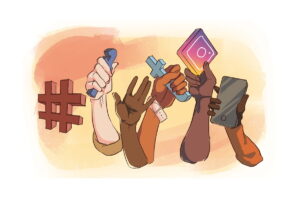 How did social media become a platform for activism? Social media is primarily about conversations. Facebook makes it easier for former pals to reconnect. Twitter fosters global and national discussions about current events. Reddit links communities of people that share interests. Video content enters the discussion through Instagram and YouTube. It should come as no surprise that platforms have evolved into a driving force behind social media movements given the variety of methods you may communicate on social media.
How did social media become a platform for activism? Social media is primarily about conversations. Facebook makes it easier for former pals to reconnect. Twitter fosters global and national discussions about current events. Reddit links communities of people that share interests. Video content enters the discussion through Instagram and YouTube. It should come as no surprise that platforms have evolved into a driving force behind social media movements given the variety of methods you may communicate on social media.
Real-world effects of virtual acts
Social media movements at the grassroots level do not have any centralised figurehead. Millions of users that publish, comment, like, and share user-generated material keep them going. By providing everyone with the same platform to spread their message, including brands, politicians, influencers, and regular people, social media democratises activism.
Recent movements have had a significant impact on social media, often even more so than actual demonstrations. Here, we examine a few movements from the twenty-first century that dominated social media just as much as they did the streets. Some spread mostly through social media.
#MeToo Movement
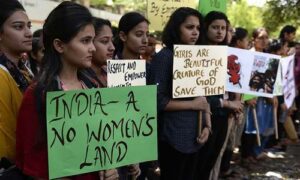 The phrase “me too” was initially popularised by American activist Tarana Burke in 2006. The movement’s goal was to give women more agency by speaking out against sexual harassment at work. With several claims of sexual abuse against Harvey Weinstein in 2017, the #MeToo movement started to gather traction on a global scale. Numerous celebrities like Tanushree Dutta, Raya Sarkar, Sandhya Mridul, Priya Ramani spoke out in support of the movement, which received extensive media coverage.
The phrase “me too” was initially popularised by American activist Tarana Burke in 2006. The movement’s goal was to give women more agency by speaking out against sexual harassment at work. With several claims of sexual abuse against Harvey Weinstein in 2017, the #MeToo movement started to gather traction on a global scale. Numerous celebrities like Tanushree Dutta, Raya Sarkar, Sandhya Mridul, Priya Ramani spoke out in support of the movement, which received extensive media coverage.
#RiceBucketChallenge
 In an effort to raise money for ALS disease, more than a million people had dumped buckets of ice water over their heads in various locations across the world. However, in India, where many people lack access to basic food, weren’t exactly enthusiastic to soak themselves. Thus, a spinoff was created. Manju Kalanidhi, a 38-year-old Hyderabadi journalist who covers the world rice market, gave the task a unique spin through her “Rice Bucket Challenge,” where a bucket of rice was donated to the needy.
In an effort to raise money for ALS disease, more than a million people had dumped buckets of ice water over their heads in various locations across the world. However, in India, where many people lack access to basic food, weren’t exactly enthusiastic to soak themselves. Thus, a spinoff was created. Manju Kalanidhi, a 38-year-old Hyderabadi journalist who covers the world rice market, gave the task a unique spin through her “Rice Bucket Challenge,” where a bucket of rice was donated to the needy.
#FarmersProtest
 On December 30, 2021 ahead of the talks between the farmers and the government regarding the introduction of three Farm Bills, a representative of Bhartiya Kisan Union (Dakaunda) Jagmohan Singh, took to Facebook Live to give Kisan Ekta Morcha followers a preview of the talks. It garnered over 312,000 followers. The farmers then thought of relying on social media as people opposed to their demands were spreading false news and propaganda online. Hashtags such as #SpeakUpForFarmers, #Iamwithfarmers, #Kisanektazindabad, #tractor2twitter was trending on Twitter.
On December 30, 2021 ahead of the talks between the farmers and the government regarding the introduction of three Farm Bills, a representative of Bhartiya Kisan Union (Dakaunda) Jagmohan Singh, took to Facebook Live to give Kisan Ekta Morcha followers a preview of the talks. It garnered over 312,000 followers. The farmers then thought of relying on social media as people opposed to their demands were spreading false news and propaganda online. Hashtags such as #SpeakUpForFarmers, #Iamwithfarmers, #Kisanektazindabad, #tractor2twitter was trending on Twitter.
#HeForShe
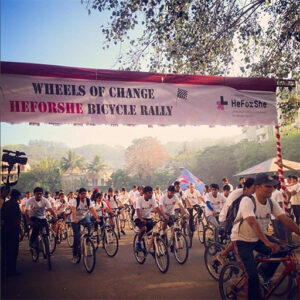 HeForShe is a global initiative to involve men and boys in removing the social and cultural barriers that prevent women and girls from achieving their potential and, as a result, jointly positively reshaping society. It was founded by UN Women, the United Nations entity for gender equality and the empowerment of women. Over 700 cyclists participated in a bicycle rally on April 5, 2015, in Pune to support the HeForShe initiative. The rally’s central idea was straightforward: much like a bicycle, our society needs a gender balance to advance.
HeForShe is a global initiative to involve men and boys in removing the social and cultural barriers that prevent women and girls from achieving their potential and, as a result, jointly positively reshaping society. It was founded by UN Women, the United Nations entity for gender equality and the empowerment of women. Over 700 cyclists participated in a bicycle rally on April 5, 2015, in Pune to support the HeForShe initiative. The rally’s central idea was straightforward: much like a bicycle, our society needs a gender balance to advance.
#BlackLivesMatter
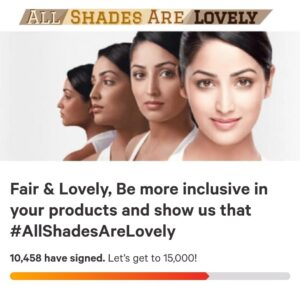 Trayvon Martin, Michael Brown, Eric Garner, and Rekia Boyd were among the people who were killed before it this movement began. The movement and the organisations that support it frequently push for reforms that are thought to be important for black liberation. A well-known skin-whitening brand in India; Fair & Lovely had witnessed negative comments. Many people considered the preconception of skin tone to be racist. As the Black Lives Matter movement gained traction around the globe, it had forced India to face some hard truths about skin tone.
Trayvon Martin, Michael Brown, Eric Garner, and Rekia Boyd were among the people who were killed before it this movement began. The movement and the organisations that support it frequently push for reforms that are thought to be important for black liberation. A well-known skin-whitening brand in India; Fair & Lovely had witnessed negative comments. Many people considered the preconception of skin tone to be racist. As the Black Lives Matter movement gained traction around the globe, it had forced India to face some hard truths about skin tone.
#SaveTiger
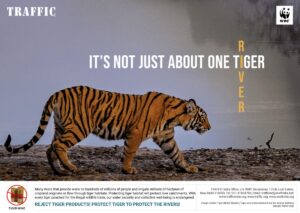 Aircel-NDTV launched the “Save the Tiger” campaign in partnership with WWF-India. The campaign attracted a lot of people, including famous people like Amitabh Bachchan and MS Dhoni, and numerous promotional activities and commercials were used to that end. Many tiger specialists and stakeholders were asked to speak on a special broadcast organised by NDTV anchor Vikram Chandra. He also made an appeal to the public to share their thoughts and support via their social media handles.
Aircel-NDTV launched the “Save the Tiger” campaign in partnership with WWF-India. The campaign attracted a lot of people, including famous people like Amitabh Bachchan and MS Dhoni, and numerous promotional activities and commercials were used to that end. Many tiger specialists and stakeholders were asked to speak on a special broadcast organised by NDTV anchor Vikram Chandra. He also made an appeal to the public to share their thoughts and support via their social media handles.
#IndiaAgainstCorruption
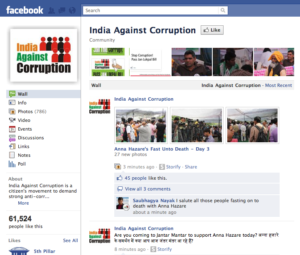 We had observed a devoted base of over 116,000 fans on Facebook and 5600 followers on Twitter supporting Anna Hazare’s “fast unto death” movement less than four days after it began. The amount of support for the campaign had been tremendous. People had organised “Candle Light Support” rallies to show their support for Anna Hazare in all the main cities across the nation. Delhi, Bangalore, Mumbai, and other cities also participated. Supporters posted more than 1,000 images and videos to the fan page.
We had observed a devoted base of over 116,000 fans on Facebook and 5600 followers on Twitter supporting Anna Hazare’s “fast unto death” movement less than four days after it began. The amount of support for the campaign had been tremendous. People had organised “Candle Light Support” rallies to show their support for Anna Hazare in all the main cities across the nation. Delhi, Bangalore, Mumbai, and other cities also participated. Supporters posted more than 1,000 images and videos to the fan page.
We think that these socio- political movements and campaigns in India will go down in history as few of the best examples of how social media can effectively make a movement go viral. But whether India can eradicate these socio- political issues through this movement is yet to be determined. How do you feel?

